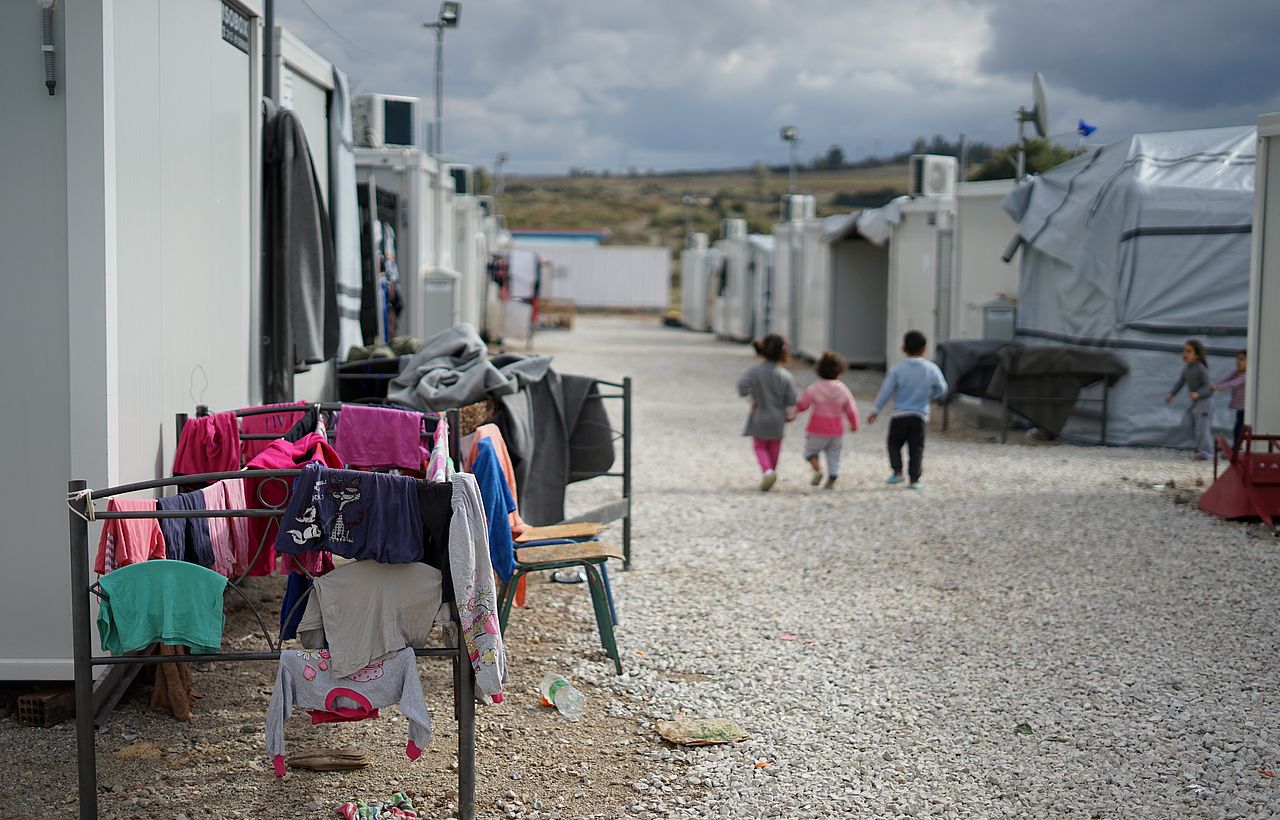Die psychische Situation von Geflüchteten

Violence, war, and the fear of not surviving – refugees have often experienced terrible things. Around 40 percent suffer from psychological consequences. Their care faces special challenges
These are images and experiences that often have a long-lasting effect: Experiences of violence or war, abuse, terror, hunger or the sometimes life-threatening conditions when crossing the sea. It is estimated that 80 percent of refugees were exposed to traumatic experiences before or during their flight. According to studies, around 40 percent of migrants suffer from psychological problems caused by these experiences. In most cases, these manifest themselves in post-traumatic stress symptoms. This frequently has an influence on whether integration is successful.
Women and minors are particularly affected. Most of them come from a male-dominated society, in which the absence of a male companion entails an additional risk. Their lack of protection makes women and children more likely to become victims of violence and arbitrariness. But adult men also bear the burden of what happened to them before or during their flight: Discrimination, persecution, displacement, imprisonment, torture, or the loss of family members. Many migrants are also at the exposed to sexual abuse during this dangerous journey.
It is therefore hardly surprising that post-traumatic stress disorder (PTSD) is the most frequently diagnosed mental illness among refugees. Compared to Western citizens, migrants are more than ten times more likely to develop PTSD.
Arriving in a Western country does not make the problems go away - on the contrary. Difficult access to health services, the often degrading housing situation in refugee shelters or camps, and cultural and language barriers often maneuver refugees into social isolation. Cut off from their family and culture of origin, deprived of their previous community and work, migrants experience themselves as unwelcome and stigmatized. According to research, many of them develop additional anxiety and depression, and pre-existing mental health problems can worsen.
Here in particular, there is a gap between public perception and the actual condition of the refugees. Therapeutic services, if they exist at all, focus primarily on the traumas suffered. The current situation of the refugees, their integration problems, their financial insecurity, or the fear of deportation are often left out. Yet these are precisely the circumstances that those affected often experience as more stressful than the experiences before or during the flight. The loss of the social network of family, friends and other groups has an aggravating effect.
Support services should focus on re-establishing and strengthening these resources wherever possible. They should also give greater consideration to cultural differences. The greatest challenge in the treatment of mentally ill migrants lies in the required competence and empathy to understand the often very different values and beliefs.
